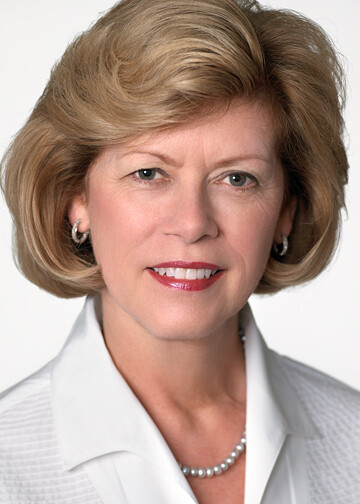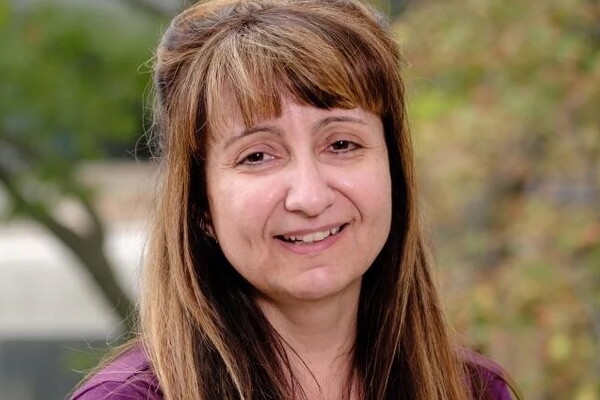Mobile Menu
- Education
- Research
-
Students
- High School Outreach
- Undergraduate & Beyond: Community of Support
- Current Students
- Faculty & Staff
- Alumni
- News & Events
- Giving
- About

The current issue of U of T Medicine magazine features patient-centred care as a focus for our strategic interdisciplinary research and education goals. This concept rings true for clinicians, scientists and educators who strive to improve health in their daily academic work — but it is not so easy to achieve. Translating knowledge into practice that empowers individuals to engage in healthy behaviour is not always the routine in busy clinics, over-flowing emergency departments and hospital wards where shortening stays and connecting with community-based care services are priorities.
But some of the most important and successful advances in our Faculty over the past few years have started with the patient and their needs at the centre. In the basic science realm, Dev Sidhu and Jason Moffat in the Donnelly Centre have pioneered the development of synthetic antibodies designed to treat cancer, targeting individual patient tumours. Gary Rodin at Princess Margaret Hospital has launched a new institute addressing the psychosocial needs of individuals in palliative and end-of-life care respecting cultural background, religion, family and personal physical factors. Lynda Balneaves, recently recruited from UBC, leads our new Centre for Integrative Medicine and the study of blending complementary and alternative health care with traditional western medicine practice with emphasis on chronic disease management and health promotion. We have learned that 74 per cent of the population in the Greater Toronto Area are engaged in and receive some form of complementary and alternative treatment. Clearly patients believe their needs are not being met completely within our traditional health system.
Precision or personalized medicine is certainly part of patient-centred care and promises to enable earlier diagnosis and more effective treatment — as well as prevention of our most feared and life-threatening disorders, such as cancer and heart disease. Whole genome screening is now a reality and starting to be used to identify genomic cause of previously undiagnosed rare conditions in children, and responsiveness of specific cancers to chemotherapeutic or radiation treatment. These are huge steps forward and our faculty and students are at the leading edge advancing knowledge into practice.
We are on the cusp of a new era where convergence of data from multiple sources relevant to individuals will guide precision risk analysis for their health and disease trajectories. Effective communication will be essential for successful messaging about personal empowerment in improving health and Dr. Mike Evans, founder of the Health Design Lab at the Li Ka Shing Knowledge Institute, is a pioneer in this field. He has communicated to millions globally about evidence-based ways to approach personal health promotion. Through his famous 23 and ½ hours YouTube video, he has shown the most positive difference you can make to your personal health is walking 30-60 minutes a day.
These are amazing times in our Faculty. I know we will continue to lead the way in improving health through innovation in research and education. It has been a true privilege to serve the University of Toronto and our Faculty for almost a decade in this role. I wish our incoming Dean — Trevor Young — every success as he settles into the Dean’s Office as of January 1, 2015. Trevor has spent most of his career as physician, scientist, and academic leader at U of T and brings a wealth of vision, energy and commitment. My most sincere thanks to all who have supported my leadership —working together has been, and will continue to be, the key to success.
Catharine Whiteside
Dean, Faculty of Medicine
Vice-Provost, Relations with Health Care Institutions

